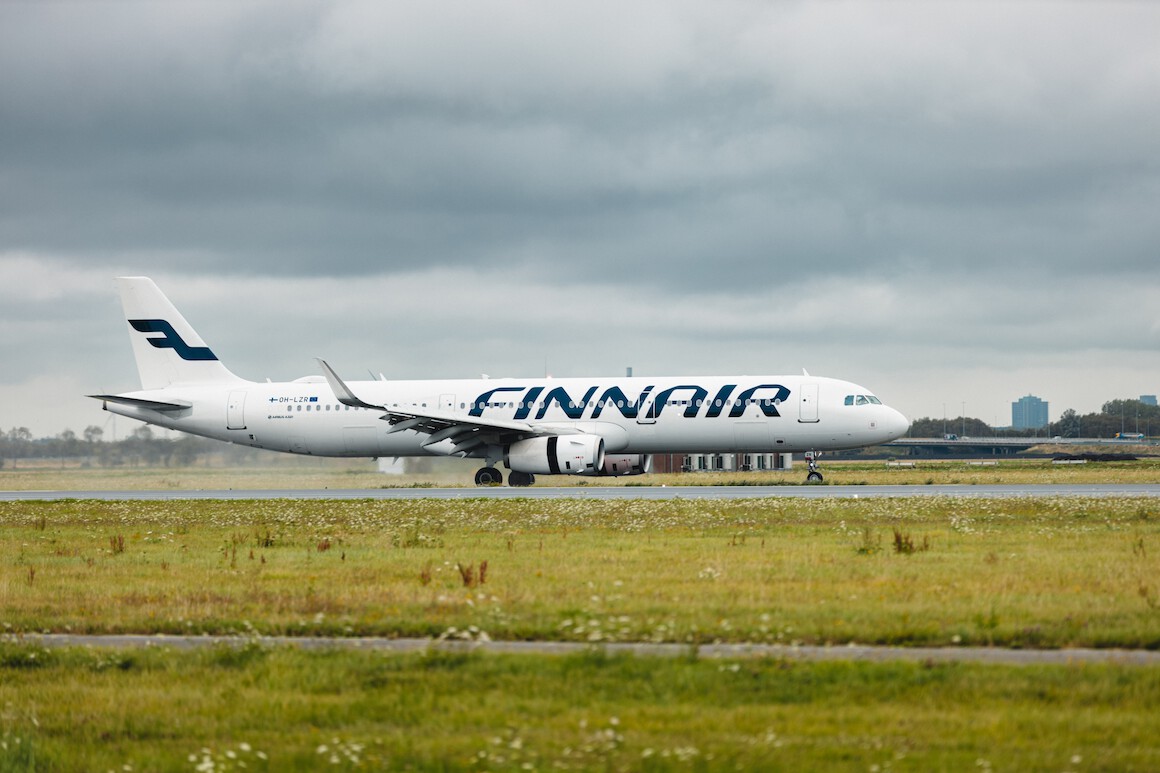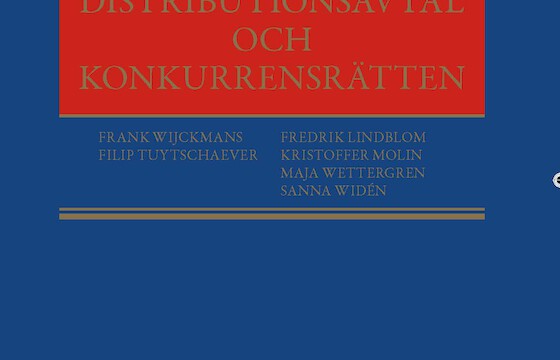In July 2023, the Swedish Competition Authority (‘SCA’) concluded its investigation* into the Finnish airline Finnair Oyj's (‘Finnair’) resale price maintenance (‘RPM’) in relation to online travel agencies (‘OTAs’). Finnair’s alleged RPM consisted of requirements on OTAs to advertise discounts on Finnair’s tickets separately to avoid misrepresenting Finnair’s own ticket prices. The SCA preliminarily found that the behaviour constituted a restriction by object. Finnair offered commitments whereby the SCA closed its investigation.
The SCA initiated the investigation in 2020 following a complaint from Svenska Resebranschföreningen (‘SRF’), the Swedish travel industry association for, among others, OTAs. According to the complaint, Finnair, which operates passenger and cargo flights in North America, Asia and Europe, had required OTAs to comply with Finnair’s rules regarding the advertising of offers and discounts on Finnair’s airline tickets to customers searching for flights online, usually through price comparison sites. The OTAs were required to advertise the discounts separately to avoid misrepresenting Finnair’s own price for the service. Non-compliant OTAs had their rights to sell the airline's tickets on their websites withdrawn.
According to the SCA’s preliminary assessment, Finnair was considered to be active in the upstream market for the provision of air transport services for passengers to and from Sweden, based on consumer demand for air travel between a specified origin and destination. The OTAs, on the other hand, were active in the downstream market for the distribution of airline tickets in Sweden. However, since the investigation was concluded with commitments from Finnair, the SCA did not take a final stance on the exact market definition.
A crucial factor in assessing the suspected infringement was whether the OTAs should be viewed as commercial agents for Finnair or as independent economic entities within the meaning of Article 101 TFEU. Contracts between principals and agents may, in narrowly defined cases, fall outside the scope of the prohibition on anticompetitive agreements if the agent can be considered an integrated part of the principal due to bearing no or only a limited commercial risk. For this assessment, the SCA considered (i) that OTAs provide airline tickets to a large number of airlines competing with Finnair, (ii) that OTAs can control the commercialisation of Finnair's airline tickets and (iii) that OTAs bear financial, commercial, contractual and market-specific risks that are not insignificant. Consequently, the SCA concluded that the OTAs are not agents but economically independent in relation to Finnair. Considering that the practice in question constituted a vertical agreement within the meaning of competition law, the Vertical Block Exemption Regulation (‘VBER’) was applicable.
Subsequently, the SCA examined whether OTAs could be considered providers of online intermediation services. Finnair argued that the OTAs were providers of online intermediation services on behalf of Finnair, meaning that the practice in question was covered by the VBER and thus exempted from the application of the prohibition on anticompetitive agreements. Providers of online intermediation services are providers that, in short, facilitate the initiation of direct transactions between two independent parties. In the absence of relevant case law, the SCA found that the business model and activities of OTAs indicated that the OTAs were not merely facilitators of the initiation of direct transactions between Finnair and end consumers.
In other words, Finnair acted as a supplier, and the OTAs acted as purchasers and resellers of Finnair’s airline tickets within the meaning of the VBER. Consequently, the SCA considered that Finnair’s practice constituted a restriction of the OTAs’ ability to determine its sale price, i.e. RPM. Since RPM constitutes a hardcore restriction, the exemption under the VBER was not applicable in this case.
When Finnair controlled the minimum price at which Finnair's tickets could be marketed by OTAs, the OTAs were limited in their ability to independently determine prices for customers. According to the SCA, Finnair's actions did not constitute normal business practice and the OTAs would, in a counterfactual scenario, have marketed Finnair's tickets at different prices. According to the SCA’s preliminary assessment, the actions of Finnair therefore constituted a restriction by object.
After Finnair was informed of the SCA's initial views, Finnair voluntarily offered commitments to the SCA. Under the commitments, Finnair committed itself to withdraw the requirement that the airline's price for the ticket must be displayed separately from any discounts, as well as committing not to require this from OTAs in the future. The commitments will be applicable to all tickets for travel to and from Sweden and apply regardless of which channel or platform the travel agencies use for the marketing of Finnair’s tickets. The SCA accepted the commitments, which will apply for a period of five years, and concluded its investigation. If Finnair does not comply with the commitments during the specified time period, the SCA may impose a penalty of 100 million SEK (approx. 9.4 million EUR).
*SCA case no. 111/2020, Finnair Oyj.



Sign in to post comments